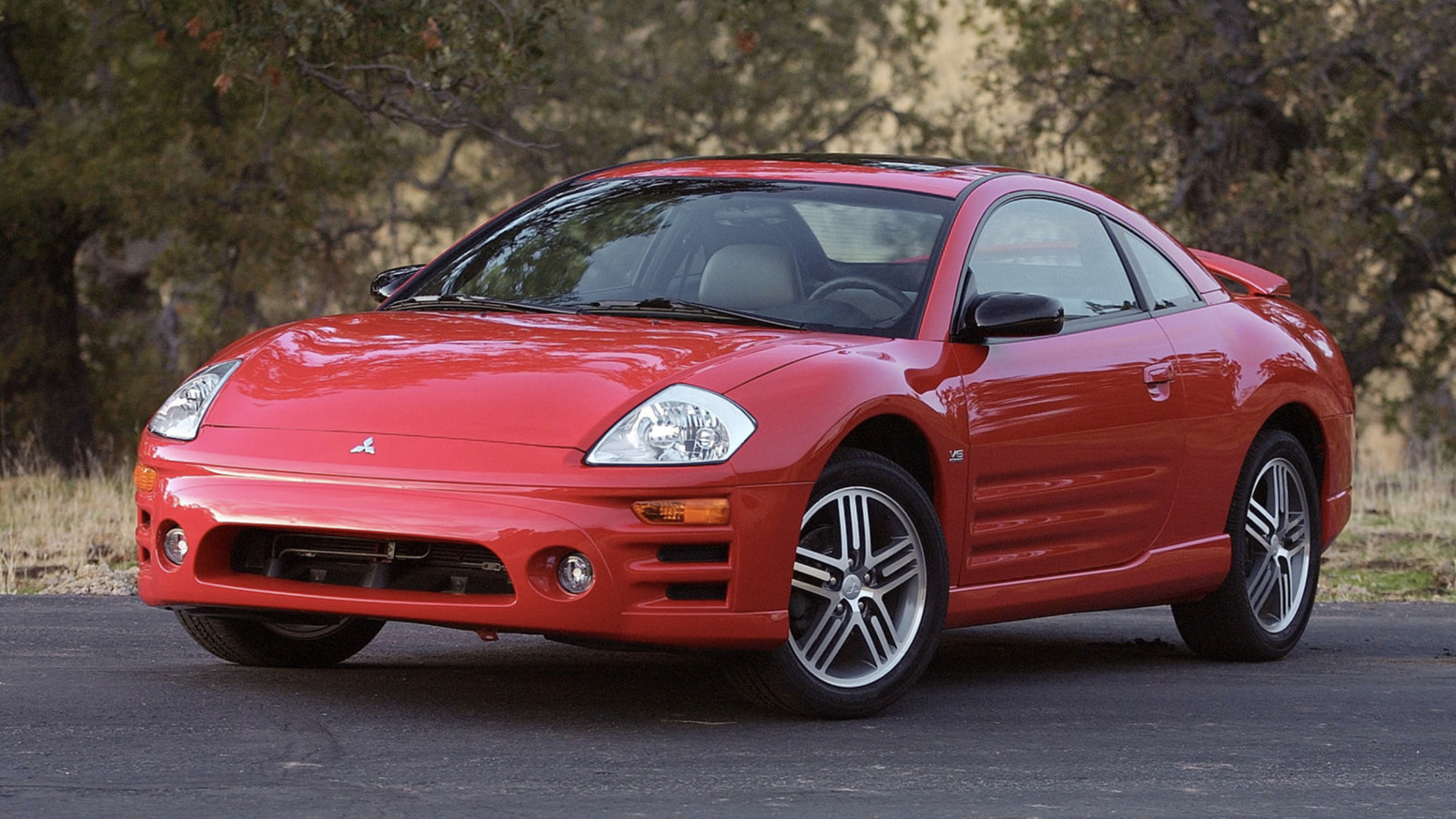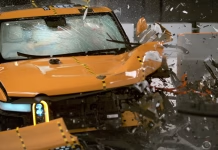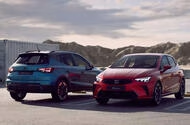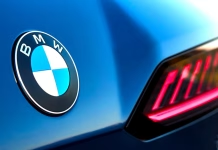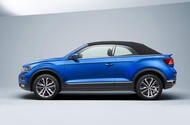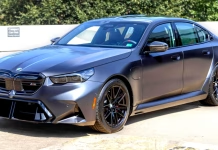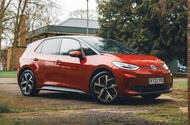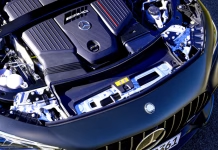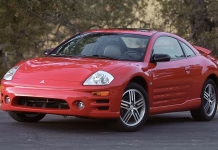IIHS Top Safety Pick Plus Will Require Anti Speeding Tech by 2027 and DUI...
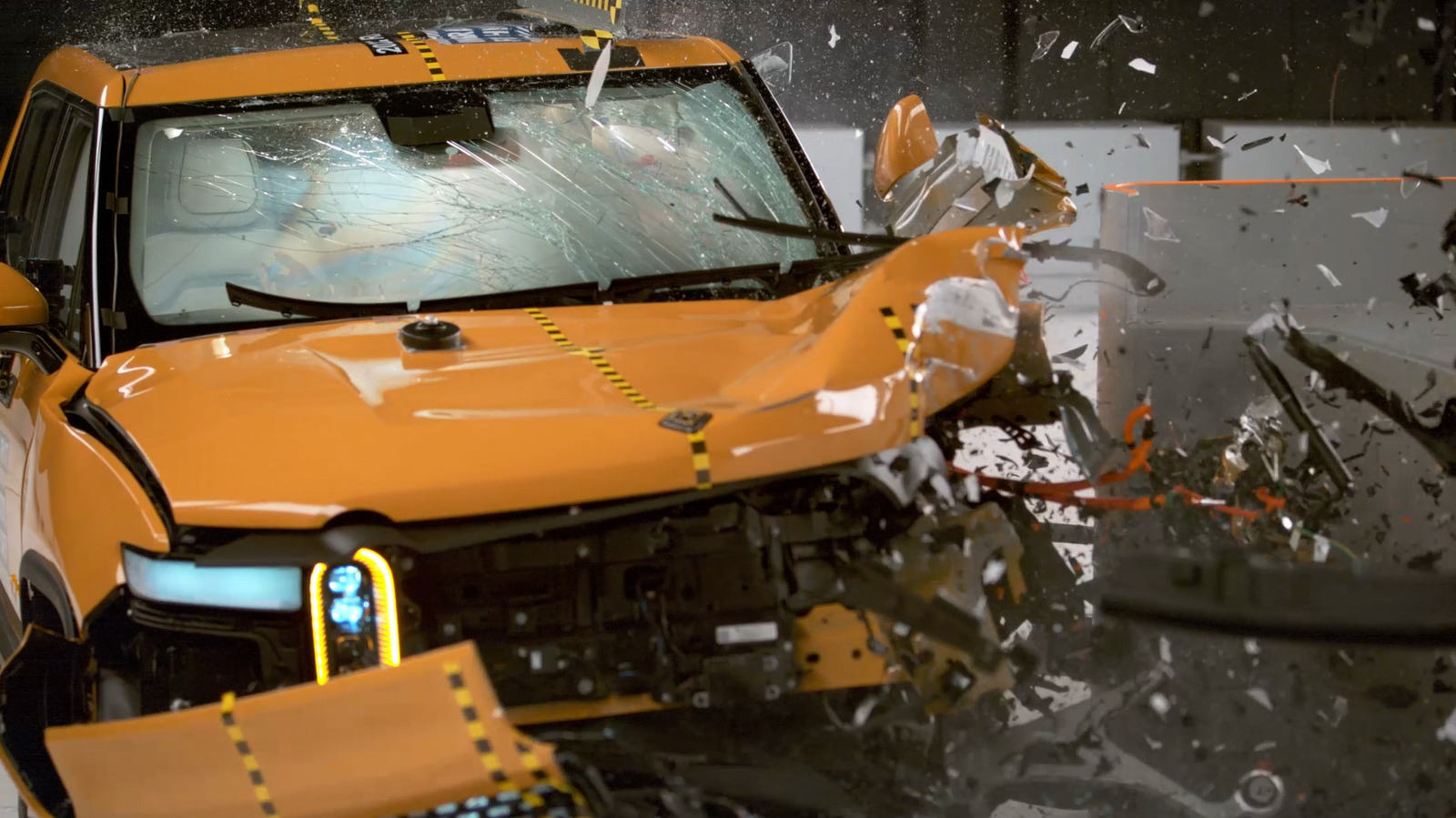
Seat Ibiza and Arona Lead Affordable Hybrid Comeback with 2026 Update

Seat has already previewed a visual refresh for its two smallest modelsSeat will continue to offer petrol-engined small cars as more upmarket sibling brand Cupra goes electric
The Seat Ibiza and Arona will finally receive a major update next year, as part of ongoing investment in the brand, according to interim boss Markus Haupt.
While the focus has been on the Cupra sibling brand in recent years, company chiefs have long insisted there are future plans for Seat. In late 2024 former boss Wayne Griffiths previewed an updated Ibiza and Arona that were due to arrive this year – and Haupt says a launch has now been confirmed for the two models early in 2026.
“Seat is the perfect complement to Cupra at the moment,” said Haupt at the Munich motor show. “We are present in different markets and addressing completely different customers. We are still investing in Seat, and we will launch a new Ibiza and Arona next year.
“That’s something I want to be clear on: we are still investing in Seat, because having the flexibility of addressing so many different markets given all the different regulations, is so important right now. So we have the perfect match between these two brands.”
Haupt declined to comment on specifics concerning the update, but the preview images shown in late 2024 suggested that the styling would only receive a minor makeover.
While the role of Seat has long been questioned following the emergence of Cupra as a stand-alone brand six years ago, these significant investments in its two entry-level models now suggest a role for the Spanish brand into the 2030s: as a specialist in smaller and more affordable models in conventional segments. That will allow Cupra to play further upmarket, with a focus on plug-in hybrid and electric cars.
Before leaving the company recently, Griffiths told Autocar that the Seat Ibiza would follow the lead of the closely related Volkswagen Polo in being updated ahead of EU7 emissions regulations kicking in.
This will mean mild-hybrid petrol engines will be offered – a significant investment for smaller and less profitable cars but an important and necessary step for car makers to continue to be able to sell affordable new cars in the mass market where demand for EVs has yet to take off.
Sales of the Ibiza and Arona both increased in the UK in 2024, and Seat grew its sales overall.
The larger Seat Ateca and Seat Leon are the other models in the brand's range after the demise of the Tarraco, and both of these are also offered as Cupra models.
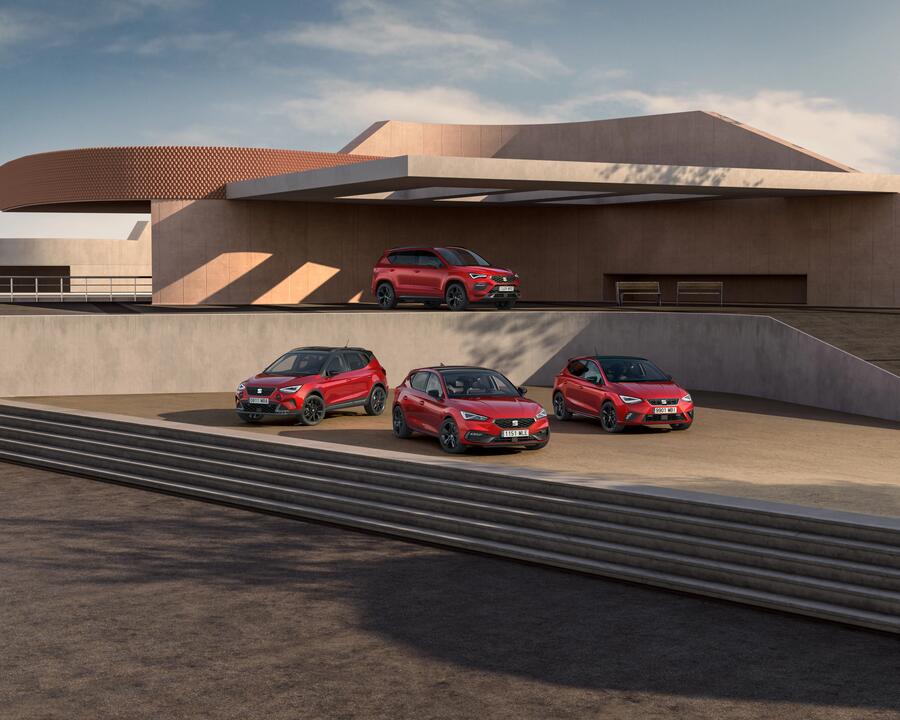
It’s possible that Seat versions of the Leon and Ateca may ultimately be dropped when they're given updates of their own, should Seat’s role as a small, affordable hybrid car specialist be solidified off the back of the Ibiza and Arona updates.
Griffiths confirmed the Cupra Leon would be updated in its present form, which includes petrol and PHEV versions, to allow for production to be extended “well into the next decade”, alongside the closely related Cupra Formentor.
“The Cupra Leon and Cupra Formentor are both based on the same platform,” said Griffiths. “We will extend those well into the next decade. If we want to go into the next decade, then we're always going to have to take care of those cars and revitalise them.
"We could expect facelifts or product improvements on both to keep them going as long as we need to. But after that, the next generation of Leon will definitely be electric.”
Griffiths said the investments in the Ibiza and Arona shouldn't be seen as the Seat group backing away from EVs but representing the reality of a “need to respond to the 90% of the market that is asking for other types of drivetrains: efficient [ICE] ones, hybrids and plug-in hybrids”.
He added: “We're not going to deviate from electrification as a direction. We don't question the objective of getting to zero emissions as fast as possible. We have to be flexible on the way and we can't be dogmatic. We can't force consumers to drive electric cars.”
The arrival of the Cupra Raval next year as a sub-€25,000 electric supermini, along with sibling models in the Volkswagen ID 2 and Skoda Epiq that Cupra is also developing, will help “democratise electromobility”, said Griffiths.
“Having smaller urban electric cars under €25,000, I think we're going to see electric cars taking off. But in the meantime, we have to offer both [ICE cars and EVs].
“We're looking to have two brands, Cupra clearly focusing on fully electric and electrified and Seat focusing on combustion. I think we have the best of both worlds currently.”
BMW unveils sleek new badge with modern minimalist design for future models
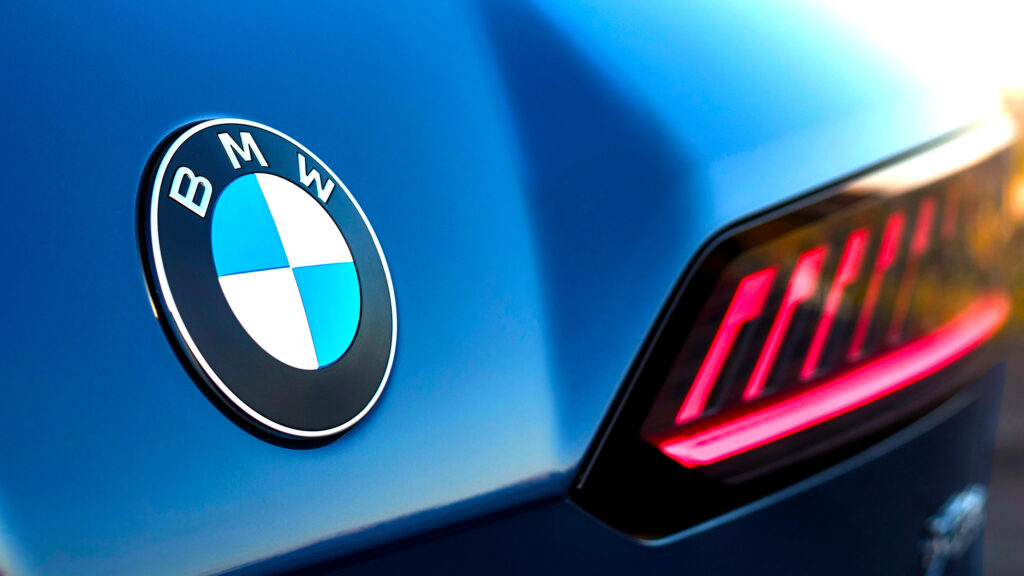
Congress focuses on D.C. micromanagement instead of preventing government shutdown

Volkswagen Convertibles Unlikely to Return Until End of Petrol Cars
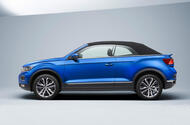 Brand's design boss says niche derivatives could make a comeback in the EV era, though
Brand's design boss says niche derivatives could make a comeback in the EV era, though
Volkswagen is unlikely to reintroduce convertibles or other derivatives into its line-up while it continues to offer both petrol and electric models, according to design chief Andreas Mindt.
The firm has traditionally offered one convertible in its line-up, most recently a drop-top version of the previous-generation T-Roc crossover.
But asked about plans for a new convertible at the Munich motor show, Mindt said: “The trouble in the whole industry at the moment is that every company has a double portfolio [with electric and combustion cars], and that's a major problem.
“This is why you don't see convertibles anymore, because everybody needs to double the portfolio. And that is really bad for investment. So if you have a software update, you have to apply it to double everything. That means nobody has the spare time to do a convertible.
“When we go to the age where we don’t have double portfolios, when the ICE models are dying out, then you will see a lot more derivatives such as convertibles – and I’m not just talking about Volkswagen but the whole industry.”
BMW M5 Depreciation Hits Hard as Nearly New 2026 Model Sells for Big Discount
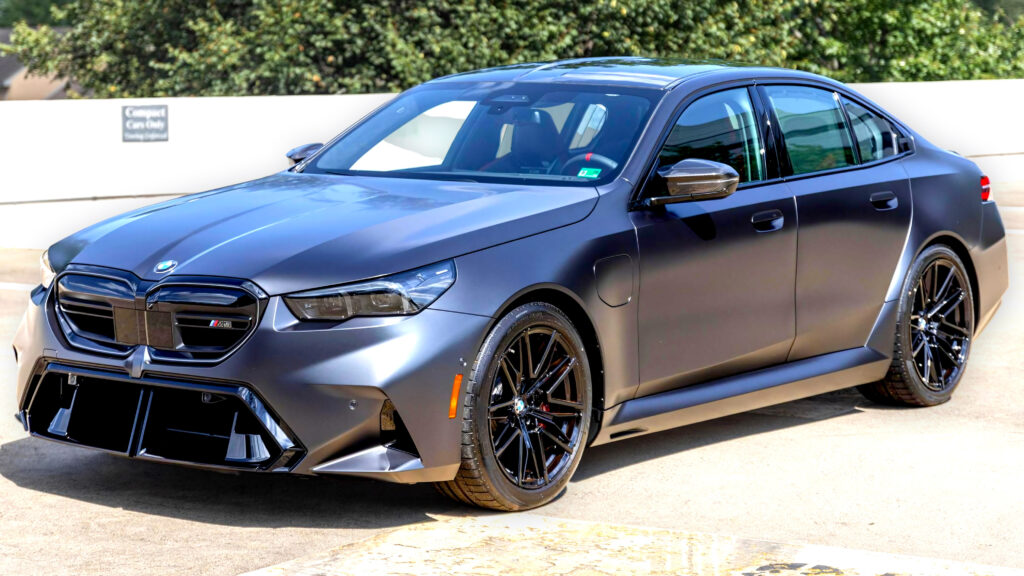
Trump administration offer shakes up Hyundai workers as Tesla faces loyalty crisis

Volkswagen ID 3 Gets Major Update but Won’t Take Golf Name
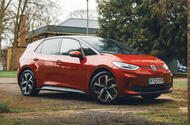 Brand is priming major update for electric hatchback – but unlike smaller ID Polo, it won't take a historic name
Brand is priming major update for electric hatchback – but unlike smaller ID Polo, it won't take a historic name
Volkswagen will only give its ID electric cars classic model names if they fit the characters of the originals, according to boss Thomas Schäfer – explaining why the heavily updated ID 3, due next year, won’t be badged a Golf.
The firm is working on heavy updates for both the ID 3 and ID 4, with both EVs moving onto the upgraded 'MEB Plus' platform. But while Autocar understands the ID 4 is already being referred to internally at Wolfsburg as the ID Tiguan, the ID 3 will not adopt the ID Golf name, even though the Golf is its closest equivalent in Volkswagen's ICE line-up.
Still, Schäfer said "don't underestimate the changes" being made to the ID 3. Speaking at the Munich motor show, he added: "It's a fantastic car to drive, and we've got phenomenal feedback on that. The changes are in the interior: the criticism was usually around the first version, with the hard plastic finish and so on.
"That has been fixed already with a good first-step facelift, but now it's going to get a whole new [interior]. Then the exterior is a phenomenal package.
"It wouldn't be necessary to make a whole new car. You will see how that car will change when you see this amazing car."
With the new ID Polo and ID Cross, Volkswagen will return to using classic model names, and Schäfer promised that "we're going to roll this out whenever there's a new model or a major product change; it's going to be names from here on".
However, he added that the application of those names would depend on the models: "When you have this side by side [ICE and EV line-ups] that we have at the moment in the transitional phase, you have to have clarity in your portfolio, clarity in the model lines and familiar topics like the GTI – and the name has to be true to the DNA of that product.
"From my point of view, it's the biggest mistake to call something something that it's not. There's some examples in the industry at the moment that you look at and say 'okay, well, I don't know why you call it that, because it's not that'.
"For us, the ID Polo now, it's a true Polo in proportions, looks, feel, drivability, and it deserves the name.
"As we go forward, if the name doesn't fit, we don't call it that. We'll give it some other name. We have enough names in the portfolio, old and new."
Mercedes C63 Returns to Six-Cylinder Power for a More Exciting Drive
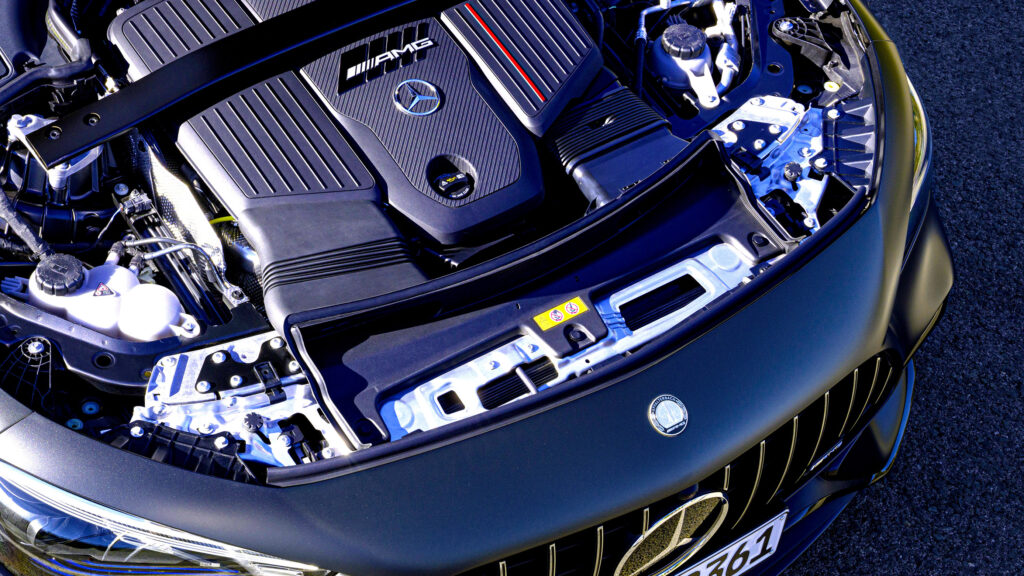
Mitsubishi Eclipse Why the Early 2000s Redesign Missed the Mark
